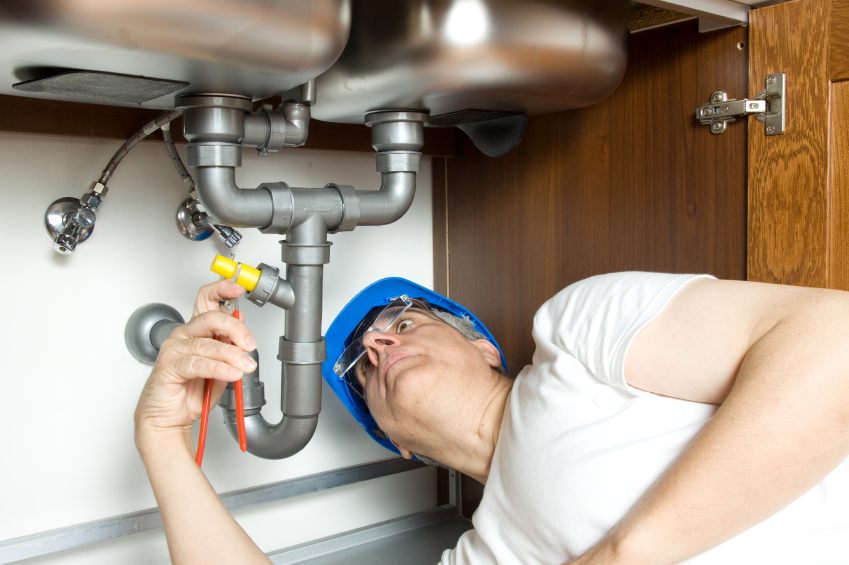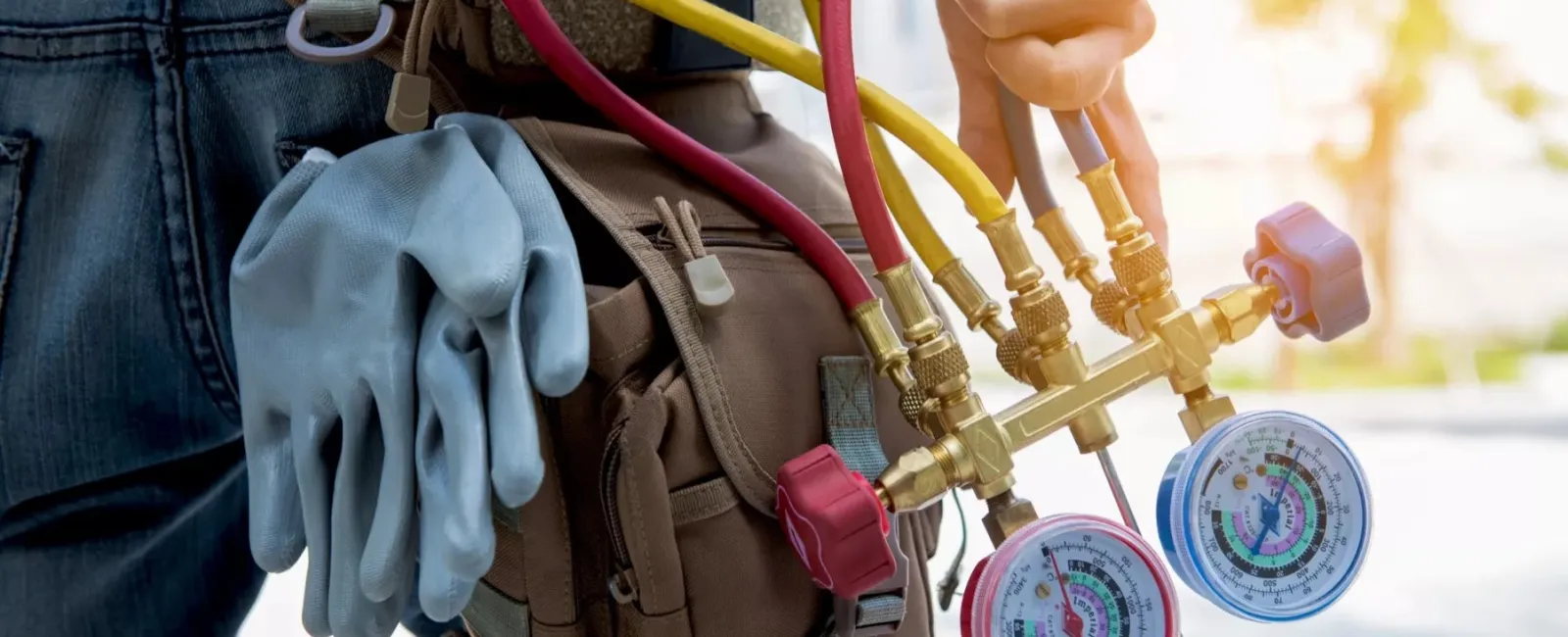Emergency Solutions to Use Until Professional Help Arrives
Emergency Solutions to Use Until Professional Help Arrives
Blog Article
The author is making several great points about Expert Tips for Managing a Plumbing Emergency Until Help Arrives in general in this great article in the next paragraphs.

Plumbing emergencies can strike any time, causing stress and possible damage to your home. Whether it's a burst pipe, a clogged drain, or a dripping tap, recognizing exactly how to manage the scenario up until an expert plumbing arrives can conserve you from more issues. This short article gives necessary emergency plumbing tips to aid you reduce damage and reclaim control during a plumbing situation.
Switch off the Supply Of Water
The first step in any pipes emergency is to shut down the water system. For localized issues, such as a dripping tap or toilet, switch off the shutoff near the fixture. In the case of a significant leak or ruptured pipeline, locate your home's major water shut-off valve and turn it off quickly. Understanding the location of these shutoffs in advance can conserve useful time during an emergency situation.
Turn off Your Hot Water Heater
In specific emergencies, such as a ruptured pipe, it's smart to shut off your hot water heater. This avoids getting too hot or damage to the device when water stops moving. Shut off the power supply to the hot water heater (electrical or gas) and let it cool off to stay clear of prospective hazards.
Momentarily Stop a Ruptured Pipe
A ruptured pipe can bring about considerable water damages in minutes. To alleviate the issue:
Call a specialist plumbing professional right away to resolve the issue completely.
Have an Emergency Pipes Package
Prepare a basic plumbing emergency situation kit to manage small issues successfully. Your package should include:
Having these tools on hand can make a substantial difference in your ability to manage emergency situations.
Unclog Drains Securely.
A clogged up drainpipe can be a frustrating and untidy problem. Below's how to tackle it:.
If these methods don't work, avoid utilizing excessive pressure, as it may intensify the obstruction.
Manage Overflowing Toilets.
An overruning bathroom can create instant disorder. Below's what you must do:.
Address Tiny Leakages with Short-lived Repairs.
Small leakages can promptly become considerable problems if left uncontrolled. Use these temporary repairs till expert assistance arrives:.
While these solutions aren't irreversible, they can aid reduce water loss and damages.
Take Care Of Frozen Piping Meticulously.
In cooler environments, icy pipelines are an usual emergency situation. If you believe an icy pipeline:.
Know When to Call a Professional.
While quick fixes can aid momentarily, specific plumbing issues require prompt specialist interest. Call a plumbing technician if:.
Immediately speaking to an expert ensures the problem is fixed correctly and stops further difficulties.
Stop Further Damages.
Taking quick activity to reduce damages can save you money and time in the long run. Right here's how:.
Verdict.
Plumbing emergencies can be frustrating, but with the best expertise and tools, you can handle the scenario effectively up until assistance gets here. By turning off the water system, addressing little leakages, and making use of short-term repairs, you can decrease damage and keep your home safe. Keep in mind, these ideas are short-lived solutions; always seek advice from an accredited plumber to deal with the source of the issue. Prep work and fast reasoning are your best allies in any plumbing emergency situation.
8 Helpful Tips for Managing Plumbing Emergencies at Home
If your plumbing system hasn’t failed once, wait for it because almost everyone has a story to tell. Sometimes, it could be simple emergencies such as a leaking pipe, a blocked cistern, or even a big burst pipe. In situations like this, you need to have some handy tips to save you some money and from possible damages.
Take care of minor issues early.
Sometimes, you could have avoided an emergency by taking proactive measures while it was still early. Some major plumbing emergencies can be a result of an ignored minor issue. We recommend that you have items like plumbing tapes and other related items. A plumbing tape can allow you to manage minor leaks before the plumber arrives.
Cut off the water supply.
This tip is essential in almost any type of leakage problem. For problems like minor leakages in the toilet or kitchen, turn off the supply that takes water to the affected pipes. If the leakage is a major pipe, you must shut off the supply valve to the entire building. This will help you avoid flooding your home and neighbors if you share a flat.
Know your plumbing system
Folks typically move into a new apartment without understanding the water supply around the building. This can prove disastrous if a water emergency arises and the plumber is far away. The previous tip will prove useless if you don’t practice this one. More importantly, know where your water shut-off valve is located – you’ll need that knowledge to prevent potential home floods.
Have some common handy tools
There are lots of plumbing emergencies that you can handle without hiring a plumber. That’s why you must keep some tools available always. Some tools that you can use to fix simple plumbing emergencies easily include plumbing tapes, screwdrivers, thread seal tapes, plungers, pliers, tape measures, and rubber gloves.
Insulate your pipes from cold
You’ll save yourself from many plumbing expenses if you protect your water pipes from the cold. This is because of the harmful effects that cold weather can have on your pipes. During winter, your pipes can burst from being overly expected to freezing temperatures. So, make sure insulators are there to keep the pipes working correctly.
Avoid practices that will clog your toilet.
Many people indulge in practices that can damage the plumbing system of the entire building. One of these is when they use their toilet to dispose-off garbage. They flush all kinds of things, such as paper towels, bandages, hairs, female sanitary products, etc., down the toilet. This will block your toilet in the long run, incurring unnecessary expenditures. Dump such waste in the trash instead.
Check your dials regularly.
Sometimes, there could be leakages in your home without noticing them in time. So, constantly monitor your water meter dial. If the dial is reading when there is nobody using water, this is an indicator that there is leaking. Check for leaks immediately. Call a plumber as soon as possible if you can’t find any.
https://www.constructionplacements.com/8-helpful-tips-for-managing-plumbing-emergencies-at-home/

Do you like reading up on Expert Tips for Emergency Plumbing Repairs? Try leaving a remark directly below. We would be delighted to hear your thinking about this entry. Hoping that you come back again in the future. Liked our blog? Please share it. Help somebody else check it out. Thank you for your time invested reading it.
Schedule Report this page